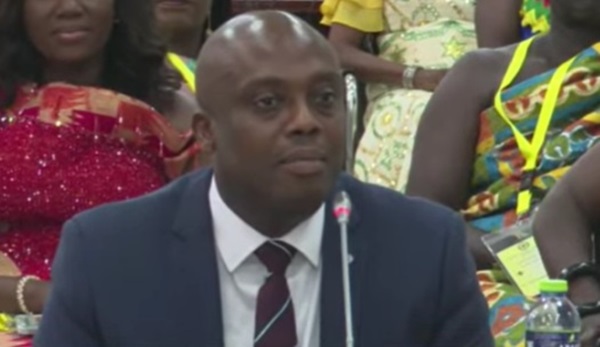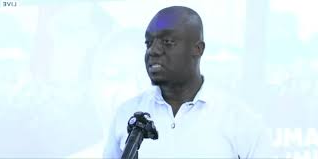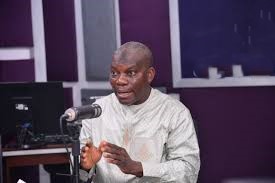Deputy Finance Minister nominee, Thomas Nyarko Ampem, has called for a non-partisan approach to discussions on the Domestic Debt Exchange Programme (DDEP) payments, highlighting its crucial role in stabilizing Ghana’s financial sector.
Appearing before the Appointments Committee of Parliament on Monday, February 24, 2025, he urged stakeholders to focus on the programme’s positive impact rather than political debates.
“I think we should concentrate on the good news that this sends or signals to the market,” he stated, emphasizing that the government has made adequate provisions for DDEP payments.
The Ministry of Finance has already disbursed the Payment-In-Cash (PIC) coupon of GHS6.081 billion to all DDEP bondholders as of February 17, 2025.
Additionally, the Payment-In-Kind (PIK) portion of GHS3.46 billion has been deposited into bondholders’ securities accounts, in accordance with the DDEP Memorandum.
To further reinforce financial stability, the Mahama administration has initiated a GHS9.7 billion buildup in the Debt Service Recovery Cedi Account (Sinking Fund), which will serve as a buffer for the fifth DDEP coupon due in July and August 2025.
“Through the 2025 Budget Statement, the government will introduce further measures to restore market confidence, prioritize spending, and enhance transparency and accountability in public finances,” a statement from Minister for Government Communications, Felix Kwakye Ofosu, affirmed.
Beyond debt management, Ampem pledged to collaborate with the Ghana Revenue Authority (GRA) to harness technology for improved revenue generation.
He stressed that deploying digital tools would be key to achieving the government’s financial goals while reducing inefficiencies.
“Without technology, we will not be able to achieve the target we’re setting for ourselves. We will build on whatever has been done previously. Government is a continuum,” he stated.
Ampem further assured that under his leadership, revenue generation would be pursued aggressively while expenditure would be strictly controlled.
“We’re going to aggressively pursue revenue generation. And we will cut expenditure, as for expenditure, we need to constrain it,” he added.

































